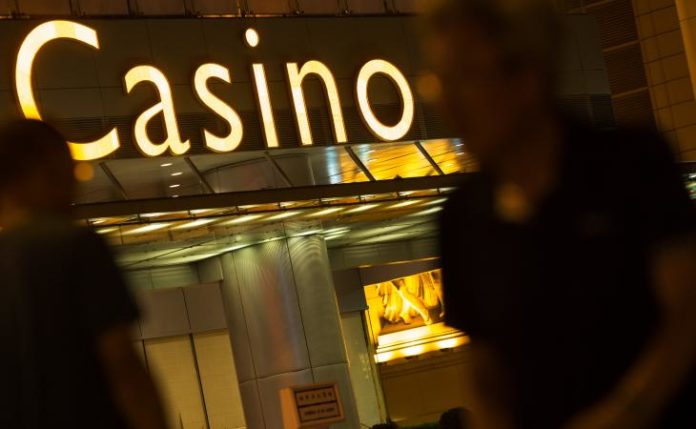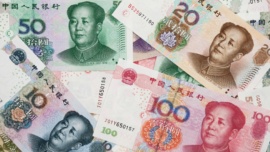The recent decline in gaming revenue in Macau is still related to the campaign against corruption launched by Beijing, the Chinese English-language newspaper China Daily stated in an article yesterday. ‘The Las Vegas of Asia started to lose some shine since 2014 (…) when Beijing’s crackdown on corruption and extravagance amid the floundering Mainland economy scared Mainland high-rollers away to other regional gaming destinations,’ China Daily stated. The publication considers Cambodia to be ‘an emerging rival’ to the MSAR, noting how the country’s Hong Kong-listed casino operator NagaCorp posted a 24 per cent surge in net profit to US$125.2 million (MOP1 billion) for the first half of 2016 with a new casino housing 200 gaming tables on the way in 2017. The newspaper then compared NagaCorp’s increased profits with Wynn Macau’s 20.6 per cent tumble in net profit, to US$1.14 billion, and Sands China’s 25 per cent decrease in net profit to US$551 million over the same period. Downward spiral Macau’s gaming revenue has dropped into a tailspin since June 2014, with only the month of August braking 26 consecutive months of annual declines, China Daily reported. This downward spiral, the longest ever experienced in the MSAR, has been attributed by analysts to an array of factors, with the anti-corruption campaign launched by Beijing one of the most important. The connection between the crackdown and the sliding revenues has been a common talking point by the official Chinese press, with China Daily having made the same causal link at the end of the golden year of 2014, when it pinned the decline on the anti-corruption campaign underway in China after incumbent President Xi Jinping assumed leadership of the Communist Party. Two years later the news continues in the publication, as borne out by yesterday’s article titled ‘Macao’s Game for Recovery’. In it, the group mentions that casinos have so far contributed billions of dollars to the local economy, while promising to reverse the recent contraction. Despite the decline, just this year two new casinos have opened – Wynn Palace and The Parisian – owned by Wynn Resorts and Las Vegas Sands, respectively, with MGM debuting on the Cotai Strip next year, while SJM’s Lisboa Palace is slated to open in 2018. The cluster of new casinos was represented by China Daily as proof of the gaming operators’ attempts to entice players back, with hopes set high for a recovery of the gaming industry. Why insist? Stanley Au Chong-kit, chairman of Macau-based bank Delta Asia Financial Group, told China Daily that he believes policymakers’ tough stance on curbing gaming growth is a sure thing for the foreseeable future. “By 2018, at the latest, some casinos failing to make ends meet will be forced to restructure. But the point is, why does the market cling to the hope of a turnaround, defying the fact that the gaming business has already developed excessively in Macau?” Au queried. The MSAR’s casino revenues reached Las Vegas values for the first time in 2006, with the sector now contributing over 75 per cent of total MSAR revenues, China Daily reported. Even with a sharp drop of 34.3 per cent in 2015, Macau gaming revenues are still three times higher than Las Vegas, six times higher than in Singapore and ten times those of South Korea and the Philippines, notes the publication, citing the MSAR’s Chief Executive, Fernando Chui Sai On. Easy does it Last week, Fitch predicted a 5 per cent year-on-year decrease in casino revenues for 2016, with the financial rating agency considering any ‘v-shaped recovery’ unlikely, Business Daily reported. Fitch analysts also estimate that the Macau gaming industry will take approximately a decade to return to the revenues registered at the beginning of the ‘crisis’ in 2014. Estimates reveal a more optimistic prediction than the one presented in June by Secretary for Economy and Finance Lionel Leong Vai Tac – who predicted that the MSAR would close out the year with gross gaming revenues of MOP200 billion, thus forecasting a 13.35 per cent year-on-year decrease. Dragged down by the performance of the sector, Macau’s economy has been in decline since the third quarter of 2014, for the first time since the transfer of sovereignty from Portugal to China in 1999, news agency Lusa reported. In 1999, the territory’s gross domestic product (GDP) decreased 0.9 per cent, while in 2015 it contracted 20.3 per cent, the news agency stated.
—
























